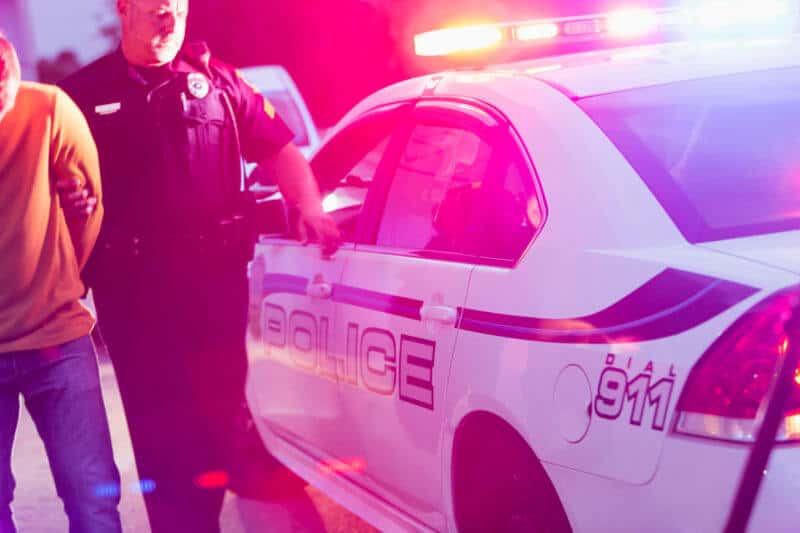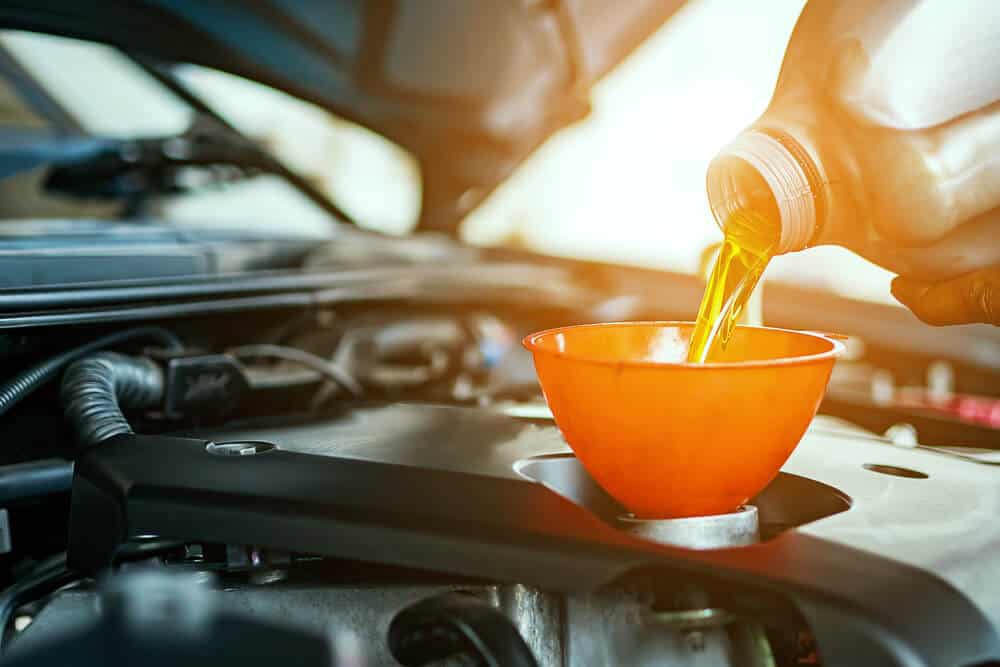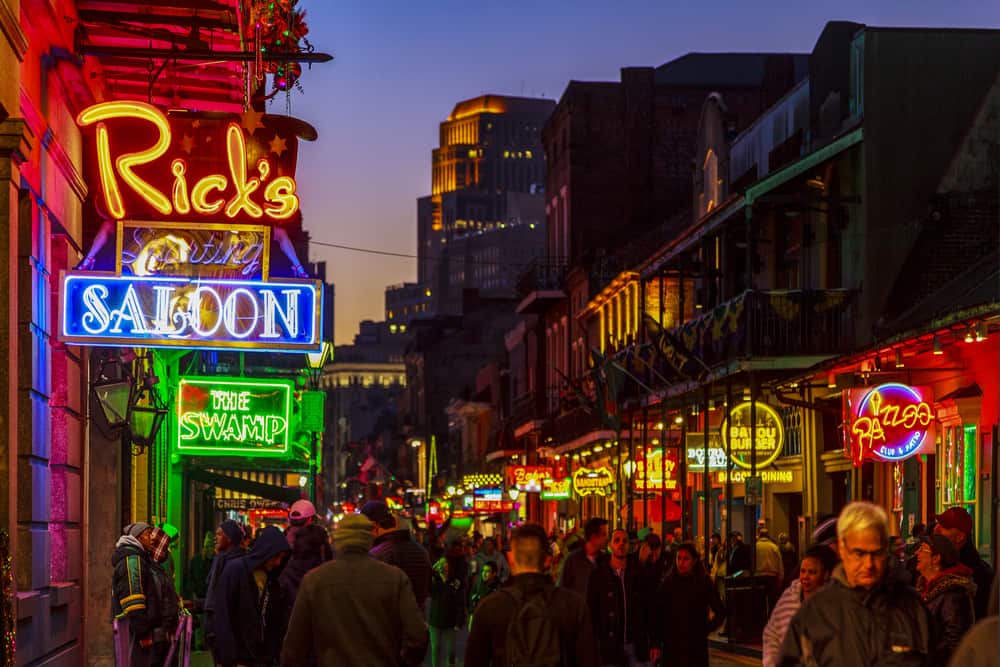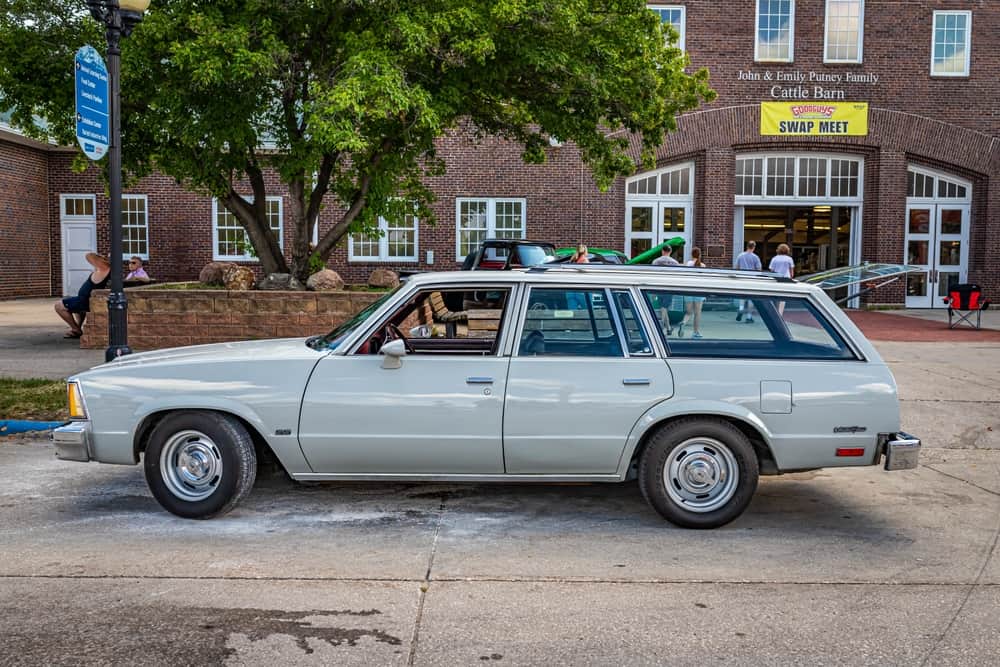Nearly One-Third of Deadly Alabama Crashes Involve Drunk Drivers

Driving under the influence is dangerous. But, even more so in Alabama, where nearly one-third of all deadly crashes involve drunk drivers. In recent years, while in some states there has been a mild reduction in alcohol-related traffic fatalities, the use of alcohol, particularly by male drivers between the ages of 22 to 45, continues to be a major factor of traffic crashes in Alabama.
In 2013, 68 percent of drunk drivers involved in fatal crashes were found to have a blood alcohol content of .15, almost twice the legal limit in Alabama, or greater.
Problem Not Going Away Soon
A problem that’s not about to go away soon, DUI accidents usually result in substantial personal injuries or death to innocent victims as well as extensive damage to their property, even if uninjured. Meanwhile, as is often the case, the drunk driver comes out of the accident unscathed, leaving the injured party to deal with their injuries, unless they can recover compensatory and punitive damages in relation to those injuries.
Because Alabama criminalizes the operation of a motor vehicle while under the influence, injured parties or relatives of a person killed by a drunk driver can seek a negligence per se action against the guilty party. In short, if it is established that the intoxicated defendant engaged in conduct violating Alabama’s DUI statute and injures another party in the process, the injured party may pursue a claim of negligence, resulting from the defendant’s criminal act, against the driver and/or his auto insurance company.
And, under Alabama’s new criminal DUI statute passed late last year, violators face increased fines and jail time for “aggravated” DUI convictions, which are defined as driving with a blood-alcohol level greater than 0.15. Individuals injured in a traffic accident by an intoxicated person behind the wheel can argue that the drunk driver violated the law by engaging in wanton conduct, resulting in injury; therefore, punitive damages are warranted.
Injured parties may also find remedy against a third party, since Alabama knows that drunk drivers don’t become intoxicated by chance and are often the product of over-serving by negligent bars and restaurants. It is the responsibility of these establishments to regulate and limit alcohol to individuals who are visibly inebriated.
Alabama’s Dram Shop Law is specifically designed to allow injured parties the ability to recover damages against an irresponsible bar or restaurant that provided alcohol to a drunk driver who subsequently causes an automobile accident in which individuals are injured or killed.
Drugged-Driving Mounting Concern
In addition to the existing alcohol-related crashes is the mounting concern over drug use by drivers. From marijuana to an increase in prescription drug abuse, such as painkillers, or over-the-counter medications, a person’s ability to safely operate a vehicle of any type can be greatly impaired.
National data, including from the National Highway Traffic Safety Administration (NHTSA) determined that 22 percent of drivers tested positive for some drug or medication, with 40 percent of fatally-injured drivers testing positive for drugs.
The hope of state legislators is that, by enforcing stricter laws to curb drunk and drugged-driving, there will eventually be more awareness, leading to a positive reduction in the number of deaths and injuries caused by impaired drivers and decrease the havoc they create among car insurance companies.
In the meantime, be responsible – don’t drink or take drugs, illegal or prescription, and drive.







